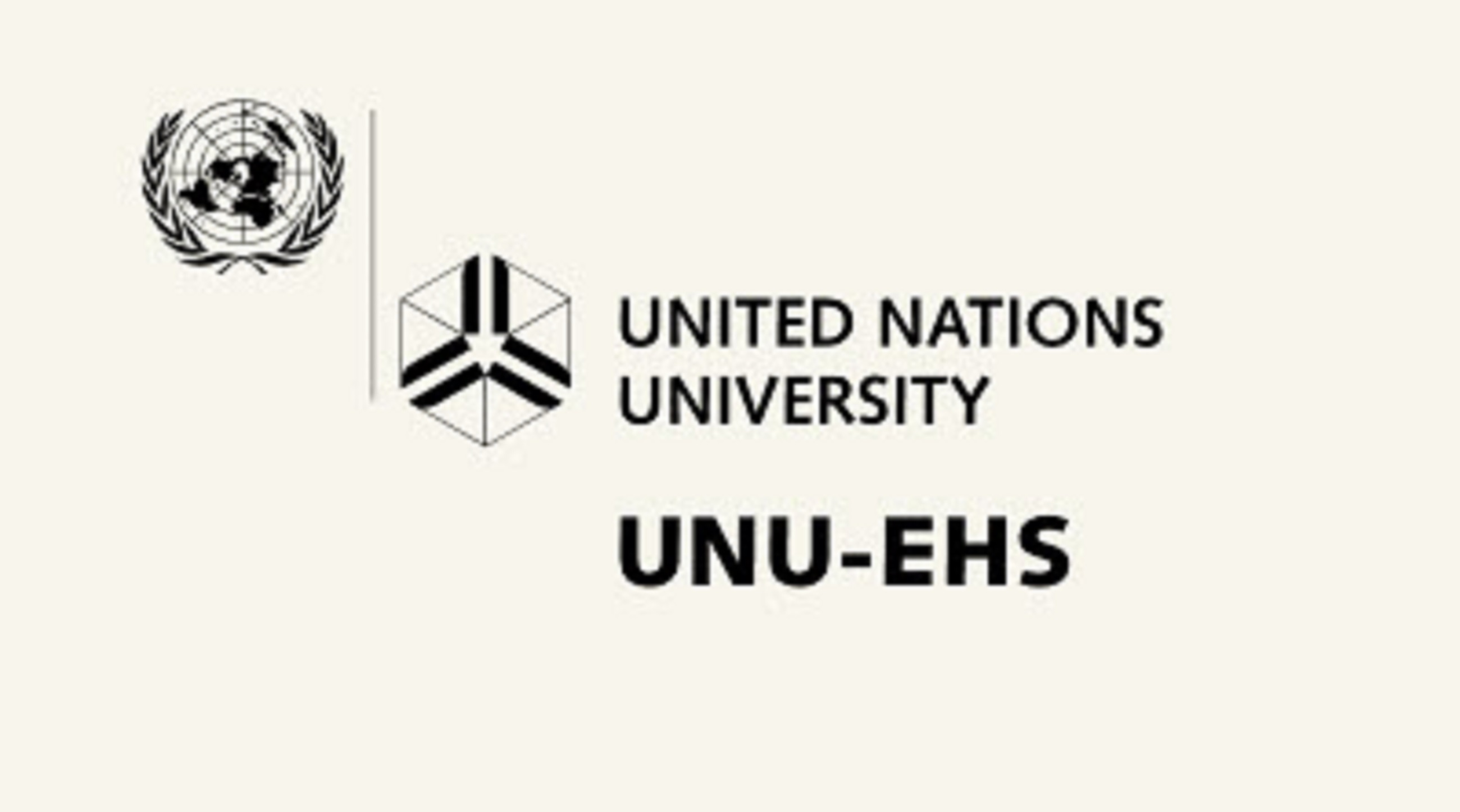
The Climate Academy 2023
Supporting community choices in a changing climate - Learning from planned relocations
Saly, Senegal, 23 to 29 September 2023
properties.trackTitle
properties.trackSubtitle
.jpg/_jcr_content/renditions/crop-1x1-768.jpg./crop-1x1-768.jpg)
Planned relocation is not necessarily a threat. It can serve as an instrument to avoid involuntary displacement. It can be a participatory solution to address loss and damage.
What is planned relocation?
One definition of planned relocation is “a planned process in which groups of persons move or are assisted to move away from their homes or places of temporary residence, are settled in a new location, and provided with the conditions for rebuilding their lives.”.
Planned relocation is a very sensitive and sometimes politically explosive topic. There are many tensions and hurdles that make successful implementation difficult. The question of "success" alone is not easy to answer. Success from which perspective? From that of a government that has implemented resettlement? From that of an individual resident who may live more securely in the new home, but at the same time has lost important social networks? Is this also a success for the receiving community? Success depends on many factors, including scale, participation, culture, voluntariness, the suitability of the destination, and much more. Precisely because the topic is so complex, it needs to be looked at from many angles and integrate different stakeholder groups. With the academy, we want to achieve exactly that.
.jpg/_jcr_content/renditions/crop-16x9-1280.jpg./crop-16x9-1280.jpg)
Interdisciplinarity is strongly needed
.jpg/_jcr_content/renditions/crop-16x9-1280.jpg./crop-16x9-1280.jpg)
.jpg/_jcr_content/renditions/crop-1x1-768.jpg./crop-1x1-768.jpg)
Social Cohesion is one of the pillars of sustainability. It has to be taken into account when talking about relocation.
Outputs
In an agenda-setting academic commentary, we address the topic of "Tensions". Relocations can create tensions at different levels and among many actors. The community that has to relocate, the receiving community, individuals or groups that were not sufficiently involved, etc. In the article we explain some of these tensions and identify ways out. Publication is planned for 2024 in a renowned journal.
In a policy brief, we target policy makers in national governments. We point out recommendations for action for governments that have to deal with planned relocation. This may be necessary, for example, in the course of drafting national adaptation plans (NAPs), or because relocations actually have to take place in the near future. We will present our recommendations at COP28 in December. The Academy was accompanied by Walters Tubua, UNFCCC, who provided us with insightful perspectives into the international climate policy process and advised us on how best to make the Academy's findings politically relevant.
A third group chose the complex task of developing a directory on planned relocation. In this database all information, guides, case studies and further data on planned relocation will be collected and can be analyzed by assigning metadata. In concrete terms, this means that e.g. a government official from a low-lying island is given the task of initiating the relocation planning of a community. He or she enters the background information into the portal (scale, region, participation of which actors, time-frame, etc.) and then gets access to similar cases, recommendations for action, and, in the best case, links to potential funding sources or contacts. Such a holistic tool does not currently exist. The group is first examining demand, then, which platform or organization can best host the directory, and above all, how to gather the data for it. The project is medium to long-term.
We came a long way in just one week. This was partly due to the commitment and enthusiasm of our participants, partly to the excellent organization of our project partners, and partly to the fact that we were able to build on the results of the virtual academy week. This took place from September 11 to 15. In about 50 presentations, divided into 12 online seminars, the core participants of the academy, but also respected professionals and experts from around the world, such as Beth Ferris, Anthony Oliver-Smith, Robin Bronen and Nishara Fernando, presented their studies and experiences on Planned Relocation. The combination of a virtual information week and an in-person work week is bearing fruit. The results in form of presentations and videos, and the agenda of the public virtual week can be found here:
Climate Academy 2023 - Stage I (virtual)
We had an intensive and exciting week working with the international group and we are looking forward to the outputs as well as the networks that emerge from the academy. We thank our project partners UNU-EHS, IOM, UNFCCC and our local supporters IOM Senegal and WASCAL.
CB - 13 October 2023
.jpg/_jcr_content/renditions/crop-2x1-768.jpg./crop-2x1-768.jpg)






